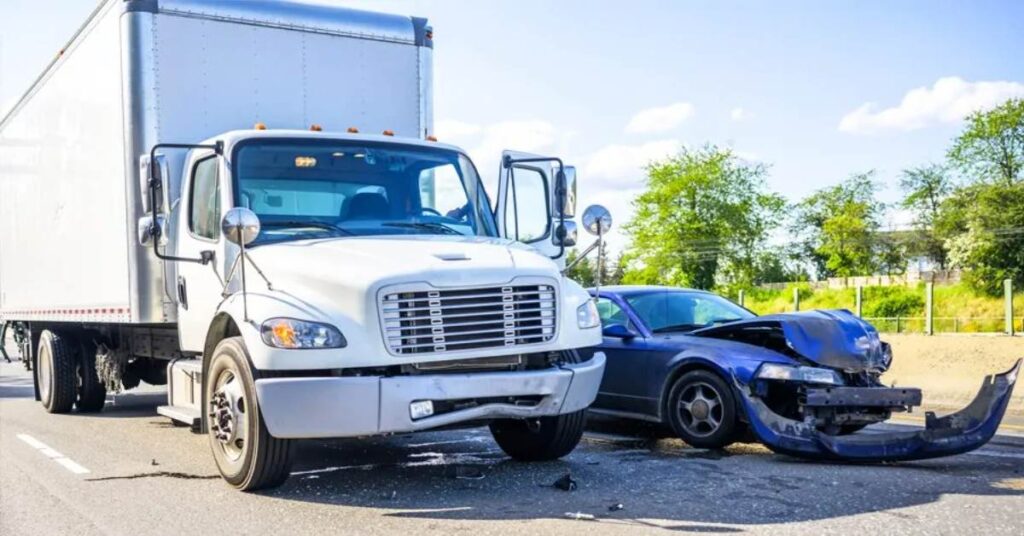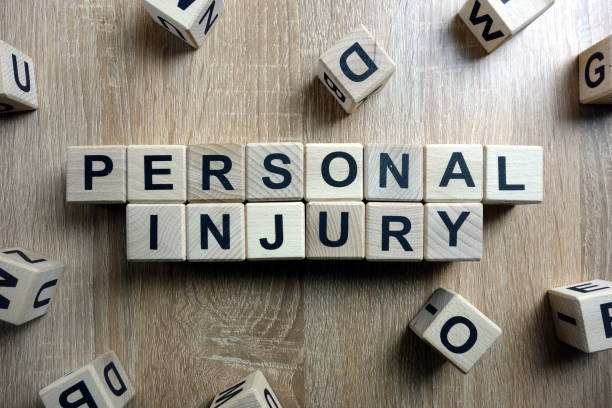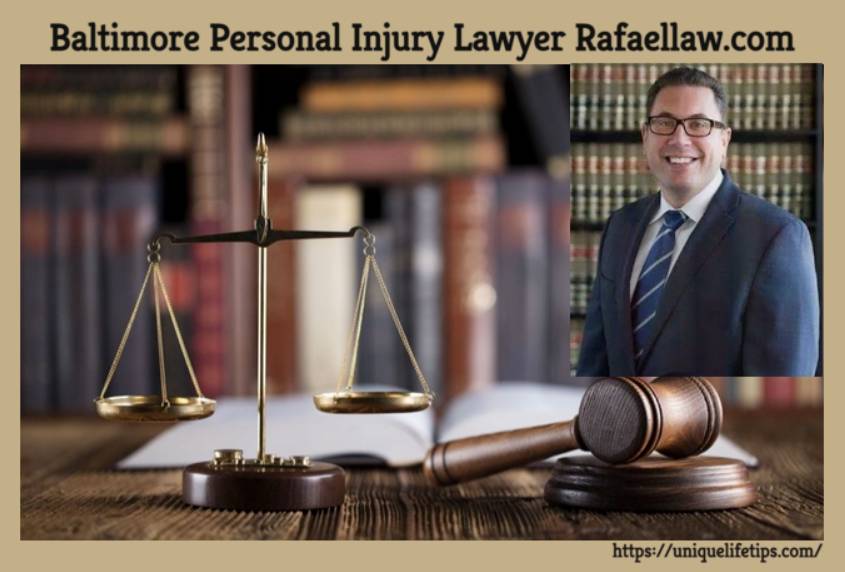Last updated on March 26th, 2024 at 02:45 am
Experiencing a car accident can be a highly distressing event for anyone. However, when commercial vehicles are involved, navigating the aftermath becomes even more complex. These cases present several challenges due to factors such as insurance coverage, liability concerns, and adherence to state and federal regulations. This article delves into the hurdles that arise when car accidents involve commercial vehicles.
Table of Contents
Defining Commercial Vehicles
Commercial vehicles encompass a range of motorized vehicles utilized for business purposes, including trucks, delivery vans, taxis, limousines, buses, and semitrailers. Unlike owned vehicles used for various reasons, these commercial vehicles are subject to distinct laws and regulations. If you’re already considering searching online for “a car accident lawyer near me,” you might benefit from reading on first.
Strict Liability
A noteworthy aspect of handling accidents involving commercial vehicles is the concept of strict liability. Depending on the circumstances surrounding the accident, strict accountability may extend to the owner or operator of the vehicle, even if they were not directly responsible for causing it. This principle stems from the idea that businesses should bear responsibility for any harm inflicted by their employees or equipment during work-related activities.
Insurance Coverage
Insurance coverage is an important factor to consider when it comes to accidents involving commercial vehicles. Commercial fleets typically have wider insurance policies compared to cars because they may face bigger liabilities. In addition, their insurance policies may have layers depending on the industry and size of the fleet. It can be challenging to understand these policies, so expert guidance is often needed to determine who is responsible for compensating injured parties.
Different Regulations
Commercial vehicles must follow regulations set by state governments and federal agencies like the Federal Motor Carrier Safety Administration (FMCSA). These regulations cover several aspects, including driver qualifications, vehicle maintenance standards, limits on drivers’ hours of service, requirements for drug testing, and record-keeping obligations. Evaluating compliance with these regulations becomes crucial in determining negligence in accidents involving commercial vehicles.
Preservation of Evidence
Given the complexity of challenges surrounding commercial vehicle accidents, preserving evidence becomes extremely important. This involves taking photographs of the accident scene, documenting vehicle damage and skid marks, collecting witness statements, obtaining surveillance footage if possible, and gathering any available information. Prompt collection of evidence plays a major role in establishing liability and supporting a victim’s claim.
Comparative Negligence
Determining fault in commercial vehicle accidents may involve considering comparative negligence as a concept. This implies that if an accident occurs, the responsibility for it can be distributed among parties based on their level of negligence. In simple terms, even if the injured person is partially at fault, they may still have the right to receive compensation from the party involved. To determine and assess negligence accurately, a thorough investigation and analysis are necessary.
Complex Accident Reconstruction
Accident reconstruction plays a major role in cases involving commercial vehicle accidents. Due to their size and weight, accidents involving buses, trucks, or semitrailers can result in damage and multiple injuries. Reconstructing these accidents requires expertise in areas such as physics, engineering principles, crash dynamics, and safety regulations for commercial vehicles. Hiring professionals who specialize in accident reconstruction can help you navigate through the complexities associated with these cases.
Exclusive Remedy Doctrine
Workers’ compensation laws provide protection for employees who get injured while performing work-related tasks. However, when car accidents occur with employees driving vehicles outside their work scope or with independent contractors who are not considered employees of the company, it can impact the continuity of compensation for the injured party since liability determination might become complex. It’s important to consider if the owner/operator carries insurance policies that could potentially cover such situations, as this can significantly affect the outcome.
The reason why this is crucial is that it ensures that all parties involved are protected, and there is no confusion regarding responsibility and compensation. Therefore, it’s essential for everyone to proceed with caution and adhere to the relevant laws and regulations when addressing these cases.
Additionally, consulting a No-Fault attorney can help navigate any implications that come up and ensure that losses are minimized for all parties involved in accidents within the car industry. It is important to seek advice from lawyers who specialize in commercial vehicle accidents. This ensures that victims receive the compensation they deserve. By considering these factors, individuals who have been injured can confidently navigate their circumstances and effectively stand up for their rights.
Related Articles:
Immigration Attorneys and Seeking Legal Status
What Should Victims of Dog Bites Know About Personal Injury Law?







